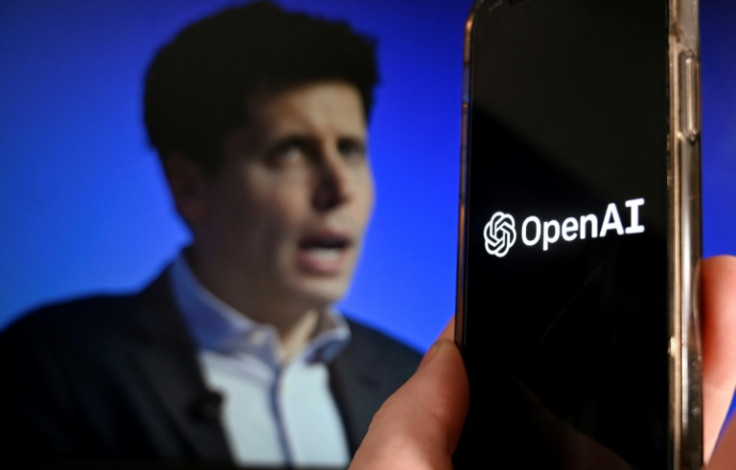
Amidst an ongoing legal battle between OpenAI and The New York Times, OpenAI CEO Sam Altman has released a new statement calling the publication's recent demands to permanently retain consumer ChatGPT data 'unnecessary'. This follows an ongoing legal battle in which the publication has accused OpenAI of copying and using 'millions' of its articles to train its AI models.
Why OpenAI Opposes to This
In a recent post on X (Twitter), Sam Altman said that talking to AI should be private, much like talking to a doctor or a lawyer.
'We have been thinking recently about the need for something like "AI privilege"; this accelerates the need to have the conversation...I hope society will figure this out soon,' Sam posted.
recently the NYT asked a court to force us to not delete any user chats. we think this was an inappropriate request that sets a bad precedent.
— Sam Altman (@sama) June 6, 2025
we are appealing the decision.
we will fight any demand that compromises our users' privacy; this is a core principle.
He then shares an official blog post authored by Brad Lightcap, COO of OpenAI. In it, they go into full detail about how they are responding to the lawsuit, calling the publication's request an 'overreach'.
'This fundamentally conflicts with our privacy commitments to our users. The post said it abandons long-standing privacy norms and weakens privacy protections.
It added, 'We strongly believe this is an overreach by the New York Times. We continue to appeal this order to keep putting your trust and privacy first.'
What's OpenAI Doing to Comply
It is worth noting that OpenAI's response comes after a New York judge has ordered them to 'preserve and segregate all output log data that would otherwise be deleted on a going-forward basis until further order of the Court'.
In the same OpenAI blog post, Brad also stated that the content covered by the court order is stored separately in a secure system–meaning that said data is protected under legal hold and can't be accessed or used for purposes other than meeting legal obligations.
Moreover, only a small, audited OpenAI legal and security team could access this data as necessary to comply with our legal obligations.
'We are taking steps to comply now because we must follow the law, but The New York Times' demand does not align with our privacy standards. That is why we're challenging it,' Brad said.
Controversies on Web Scraping
It is worth noting that OpenAI has been under fire for its so-called 'unethical' ways of scraping data online. Many media companies are suing OpenAI for its unconsented use of their article database.
Critics argue that OpenAI uses news articles without proper licensing or attribution to train its AI models, raising concerns over copyright infringement and revenue loss for publishers.
However, OpenAI contends that its data usage falls under fair use and is essential for building capable, unbiased AI.
For context, OpenAI has partnered with several major media organizations to license content to train its AI models and to ensure responsible AI integration with journalism. Notable partners include The Associated Press, Axel Springer (publisher of Politico and Business Insider), Le Monde, Prisa Media (publisher of El País), and the Financial Times.
The dispute highlights the broader tension between AI development and intellectual property rights, prompting calls for clearer regulations and licensing frameworks to balance innovation with ethical and legal responsibilities in content usage.







